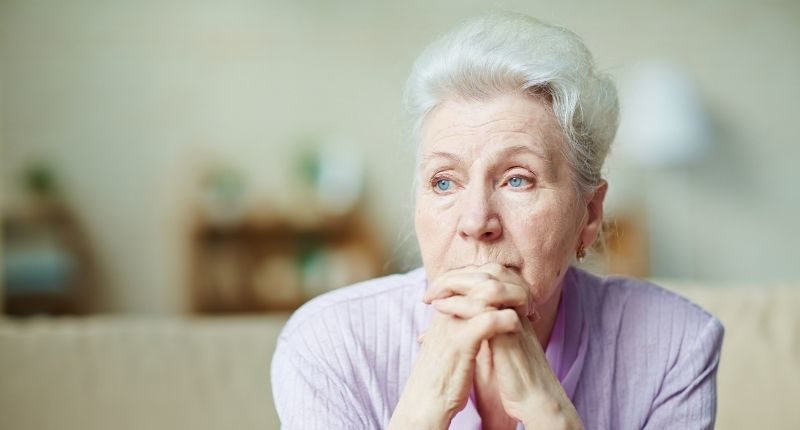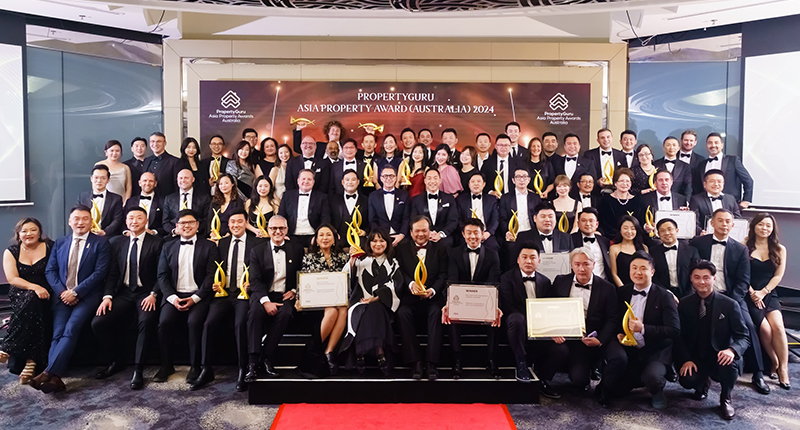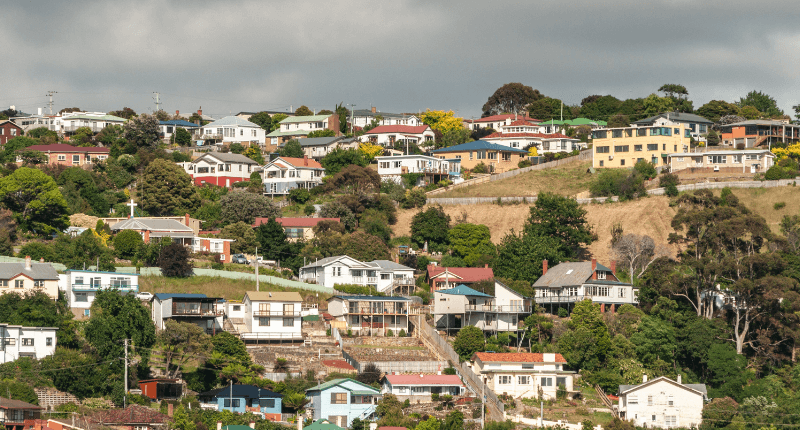- Despite making up half the population, women only control 40% of super funds
- Rest is Australian’s women’s most popular super fund with 1.1 female members
- Women’s Agenda has reported a 30% rise in the number of homeless elderly women
As John Lennon once sang, “the other half of the sky”.
Landing on International Women’s Day, a new report has shown that despite making up half the population, women only control 40% of super funds under management, about $1.2 trillion in total.
The latest ‘Superannuation Benchmarking Report’ from Rainmaker Information has found that distinct gender inequality exists in this area. Women make up 53% of the over 55s in Australia, yet own 44% of retiree super.
Superannuation owned by men and women, 2020

“Women own four in every $10 of Australia’s superannuation wealth.”
“Some super funds have high concentrations of women members because of the industries and employers they serve, including health, education, retail, hospitality and the public sector.”
“Many of these funds, particularly if they are also led by women, are among Australia’s best performing and best value funds.”
Alex Dunnin, executive director of research and compliance, Rainmaker Information
Their analysis found that Rest is Australian’s women’s most popular super fund with 1.1 female members (61% of the total).
The other funds with the most women were: AustralianSuper, HESTA, Aware Super, Hostplus and Sunsuper.
Despite serving a smaller pool of members overall, the Australian Defence Force Superannuation Scheme (ADF Super) has the highest percentage of young women members, with 91%.
A Tsunami is coming
Some commentators have predicted a significant issue developing with women living longer than men, but not having sufficient super to support them in the later years.
Women over 50 are among the fastest-growing group at risk of homelessness. The advocacy site Women’s Agenda has reported a 30% rise in the number of “grandmothers, mothers, aunts and sisters sleeping in their cars, couch surfing or accessing crisis accommodation since 2011.”
Jan Berriman, the Director of National Housing at YWCA Australia, was quoted as saying:
“Those of us at the coal face of social and affordable housing are already seeing the signs of the looming wave, like the 80-year-old woman who recently applied to YWCA Housing for assistance.
“Never married but having worked her entire life and rented her homes, she has gone through her meagre superannuation nest egg since retiring and cannot afford market rent on her pension.”
According to multiple reports, there is a “tsunami” of such issues approaching.








